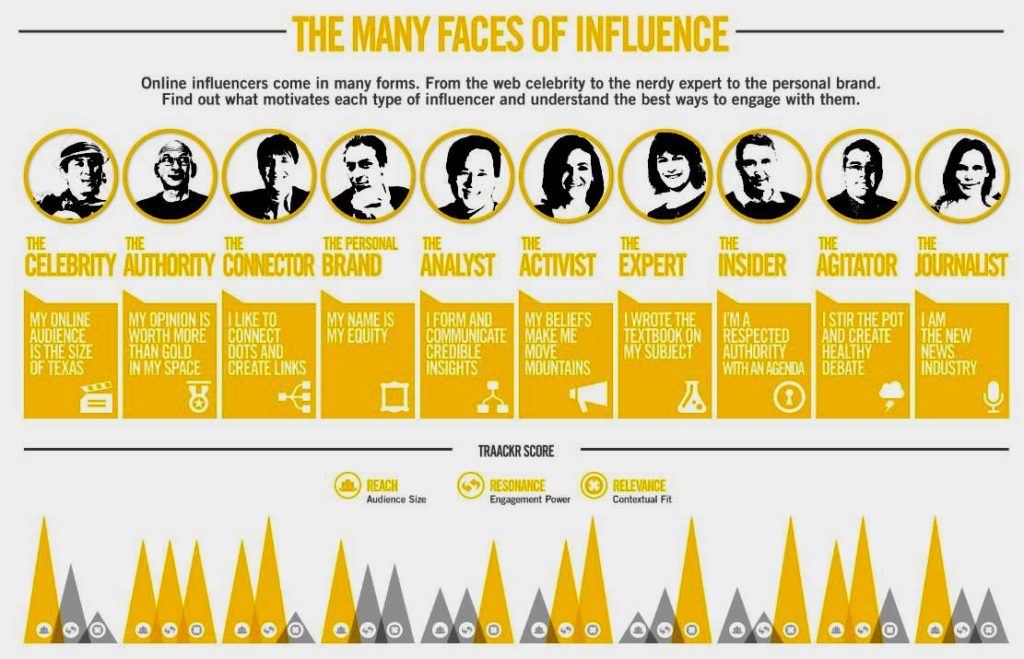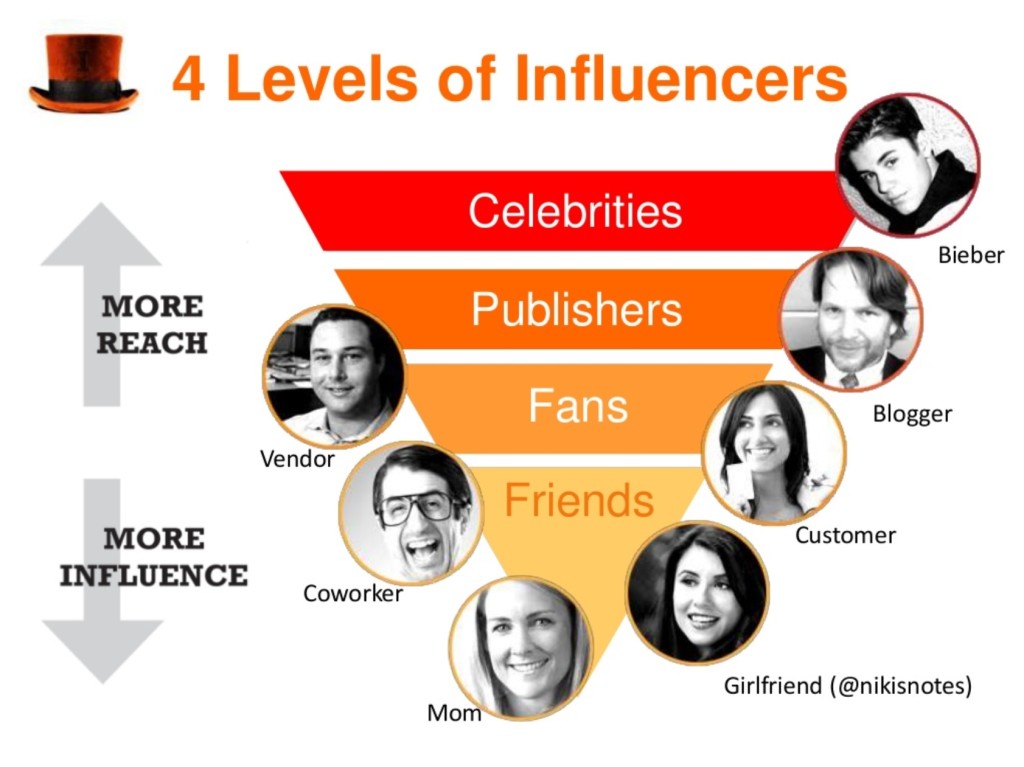
Both are often in the news, but for different reasons.
While thought leaders are often quoted for their sagely perspectives on world events, influencers tend to court a different form of publicity.
Like this world-famous saga of a YouTuber outed by a luxury Dublin hotel owner, who was an influencer himself. Watch the video below to learn how this episode went viral.
A recent Facebook post by my friend Pan Pan (which referred to an article by Elinor Cohen) got me thinking about the world of thought leaders and influencers. Who should you choose to work with in a social media marketing campaign?
In Cohen’s article, influencers were caustically described as folks who “don’t influence anything or anyone” and have no way to prove their “influence” from a business or financial point of view.
On the other hand, thought leaders were valued for their “expertise and knowledge.” Unlike influencers, they made it a point to “generate quality and authentic content” and care about educating others on something which they are passionate about.
She further wrote that…
“…a brand would benefit more from working with a thought leader, who has 5000 real and engaged followers, who could become real and paying 5000 customers, than a buzzword thrower with 20k-50k followers (or more) who are only following thanks to herd behavior and who are not likely to pay for a product or a service.” – Elinor Cohen
Aren’t Thought Leaders Influencers Too?
That’s the first question which came to my mind. After all, the two definitions of influencers which I wrote about before seemed to indicate so:
1) “In the blogosphere, an influencer is a person who blogs about a specific subject and is highly recognized online as an expert. An influencer differs from an A-list blogger in that they are often able to sway other’s opinions and thoughts on the subject matter.” – From Webopedia
2) “Individuals who have the power to affect purchase decisions of others because of their (real or perceived) authority, knowledge, position, or relationship. In consumer spending, members of a peer group or reference group act as influencers. In business to business (organizational) buying, internal employees (engineers, managers, purchasers) or external consultants act as influencers.” – From Business Dictionary
You can see from both definitions that influencers are technically described as folks who can sway the decisions of others by virtue of their expertise.
If you’re picky about etymology, the root word “influence” originated from the late 14th Century. Interestingly, it meant amongst other things, the “streaming ethereal power from the stars when in certain positions, acting upon character or destiny of men” or “a flow of water, a flowing in.”
The Many Faces Of Influencers
OK, so the original meaning of the word influencer meant more than a pretty face snapping photos of her #OOTD.
But how many different types of influencers are out there? Well many it seems.
From celebrities and fashionistas to Subject Matter Experts (SMEs), Key Opinion Leaders (KOLs), political leaders and reporters, influencers cover the entire spectrum of subjects, domains and audiences.
The infographic below provides a good example of the breadth of influencer types.

Infographic from Smart Insights
Each of these groups of influencers have differing degrees of:
- Reach – a measure of audience size (ie followers or fans)
- Resonance – ability to engage their audiences (ie the “likes”, comments, and shares they can trigger)
- Relevance – the more intangible aspect of influence, measured by their contextual fit with their audience
Depending on your industry and audiences, you may wish choose influencers with different specialisations to work with.
Who Is More Influential?
The next debate lies in the question of effectiveness. Who would deliver more bang for your social media marketing buck?
Well, according to some studies done by social media agencies, micro-influencers may be able to trigger more results on a dollar per result basis. These influencers are closer to your end consumers and may be viewed to be more trustworthy and relatable compared to macro-influencers (yes there is such a term) like celebrities.
Image from Influencer Marketing Review
(I suppose this may be a reason why the Ministry Of Finance in Singapore decided to work with micro-influencers in their recent much talked about campaign.)
If you are really “micro” about measuring the success of your influencer marketing efforts, you can consider metrics like the ones which I’ve written about here.
Some of the commonly used performance indicators may include the following:
- Number of views/ unique visitors (for blogs and YouTube videos)
- Number of fans/followers/subscribers (for Facebook, Twitter, Instagram and YouTube)
- Degree of engagement, eg “likes”, comments, #hashtags populated, retweets and shout outs, and shares/re-shares for posts
- Business KPIs like number of new social media fans/followers, increased visitors (to corporate brand page), web referral traffic (for links shared through influencers’ networks), and ultimately paid members and sales transacted.
To track these outcomes on your website conversion pages, you can use Google Analytics to measure the impact of influencers referring visits to your website, and Google URL Builder to build a custom URL (with your influencer’s details) so that you can attribute them accurately.
Conclusion – Results Matter More
So what’s the moral of this story?
I believe that it doesn’t really make a difference what we call a person so long as he or she can deliver the desired results to your organisation. And honestly, influencers come in many different shades just like thought leaders.
If you are in a highly specialised profession as a lawyer, investment manager, aeronautical engineer, heart surgeon, or business strategist, the folks who can deliver greater “influence” to your potential clients may not be Instagrammers or YouTubers but long-form content writers on LinkedIn or niche bloggers.
On the other hand, if you own or manage a chain of restaurants, boutiques, electronic hardware shops, or hotels, you may be better working with visual storytellers who are valued for their tastes on Instagram, Pinterest, YouTube and Facebook.
Ultimately, the most important thing you need to consider is the objectives and ROI of your social media campaign. Once you’ve determined what you wish to achieve, you can then decide if you should work with influencers – or thought leaders – and the roles which they play in helping your brand succeed.


I like the discussion,, I am a fashion designer